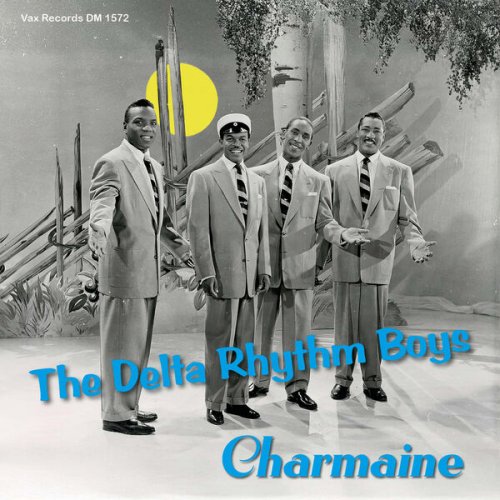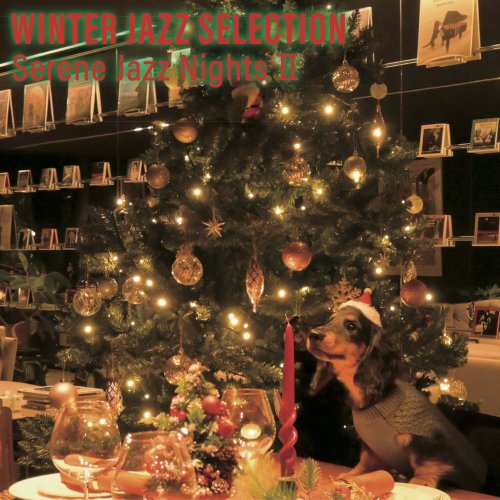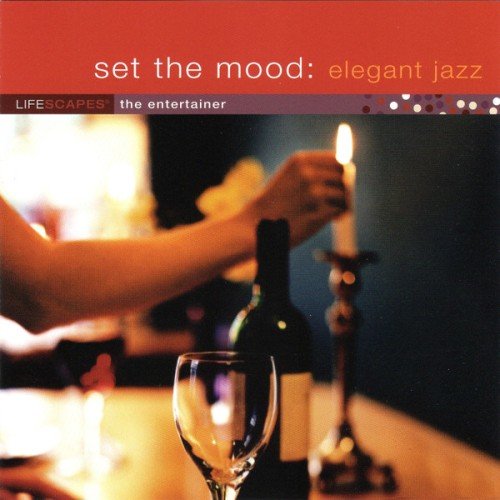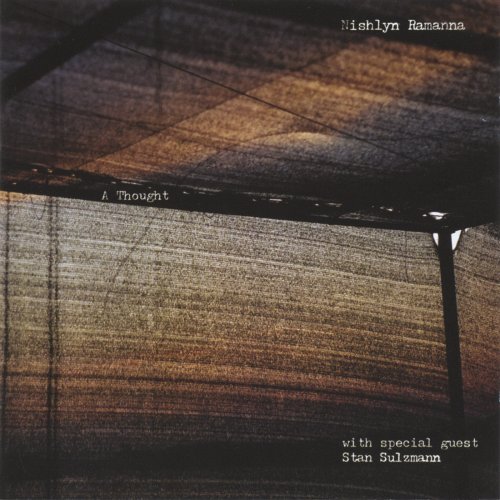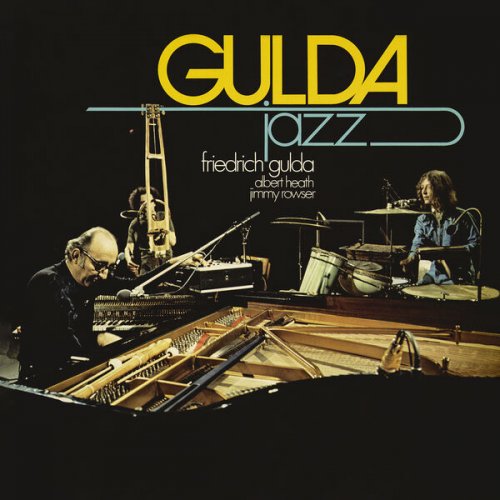Christopher Lyndon‐Gee - Varese: Orchestral Works, Vol. 1 - Arcana / Integrales / Deserts (2001)
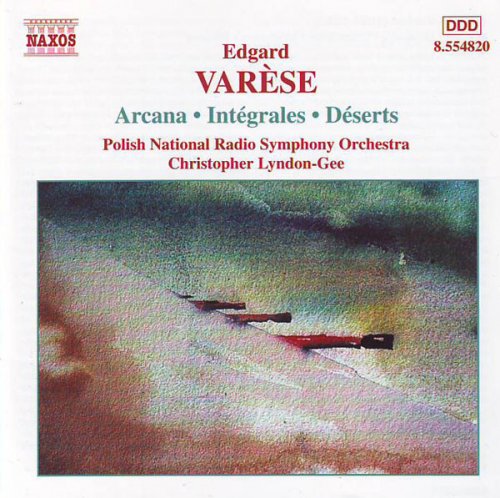
Artist: Christopher Lyndon‐Gee
Title: Varese: Orchestral Works, Vol. 1 - Arcana / Integrales / Deserts
Year Of Release: 2001
Label: Naxos
Genre: Classical
Quality: FLAC (image+.cue,log,scans)
Total Time: 70:46
Total Size: 300 MB
WebSite: Album Preview
Tracklist:Title: Varese: Orchestral Works, Vol. 1 - Arcana / Integrales / Deserts
Year Of Release: 2001
Label: Naxos
Genre: Classical
Quality: FLAC (image+.cue,log,scans)
Total Time: 70:46
Total Size: 300 MB
WebSite: Album Preview
(1) Arcana 18:36
(2-4) Octandre 6:42
Assez Lent 2:31
Très Vif Et Nerveux 1:55
Grave 2:20
(5-6) Offrandes (for Soprano and Chamber Orchestra) 7:13
Chanson De Là-haut 3:29
La Croix Du Sud 3:44
-
(7) Intégrales 11:00
(8-14) Déserts 27:11
Untitled 3:57
First Electronic Interpolation (Beginning) 2:58
First Electronic Interpolation (Conclusion) 8:18
Second Electronic Interpolation (Beginning) 2:11
Second Electronic Interpolation (Conclusion) 1:54
Third Electronic Interpolation (Beginning) 4:12
Third Electronic Interpolation (Conclusion) 3:41
The thematic material of Arcana (1925-27) for orchestra — the score of which is prefaced by a quotation from the sixteenth-century Swiss physician and alchemist Paracelsus — is derived from the varied repetition of a handful of motifs including a rising tritone/rising tone figure also used in Intégrales. The première was given at the Academy of Music in Philadelphia on 8th April 1927 conducted by Leopold Stokowski.
The title of Octandre (1923) refers to its scoring for an octet of flute, clarinet, oboe, bassoon, horn, trumpet, trombone and double bass (‘octandrous’ refers to a flower having eight stamens). The only work of Varèse to follow a traditional division of movements, namely Assez lent, Très vif et nerveux, Animé et jubilatoire, it grows out of the material stated by the oboe in the opening bars, with Varèse treating the octet essentially as a timbral pool from which he extracts textures of a quite startling originality.
Offrandes (1921) for soprano and chamber orchestra sets two surrealist poems by Latin American writers, Chanson de là-haut (Song from on high) by the Chilean poet Vicente Huidobro and La croix du sud (The southern cross) by the Mexican poet José Juan Tablada. The première of the work in New York on 23rd April 1922 was the first performance of any music by Varèse since the première in 1910 of his symphonic poem Bourgogne in Berlin (a work which he subsequently destroyed). In its orchestration Offrandes clearly shows the influence of Debussy, although its focus on solo wind instruments was to become a trait of the small ensemble works written during the next few years.
Work on Intégrales (1924-25) began in Paris in the summer of 1924 and was completed in New York in January 1925. Scored for an ensemble of two piccolos, two clarinets, oboe, horn, two trumpets, three trombones and seventeen percussion instruments requiring four players, its first performance was given in New York on 1st March 1925 again conducted by Stokowski. It is cast in three distinct sections, the first based on the three-note motif of a rising tritone/rising tone that is stated first by clarinet and subsequently imitated by other instruments, the second a syncopated outburst from the brass sextet, and the third a melody first heard in the oboe that is repeated with slight variations and reaches a climax by dramatically superimposing echoes of earlier material.
Déserts (1950-54) is scored for an ensemble of fourteen wind instruments, piano and five percussionists, plus two-track tape. The work’s four instrumental sections can be played alone or, as on this recording, juxtaposed with three electronic interludes. Characterized by its focus on sustained chords or single pitches in its attempt to penetrate the inner essence of sound, the first performance of Déserts took place in the Théâtre des Champs-Elysées on 2nd December 1954 conducted by Hermann Scherchen. Its stormy reception recalled that of Stravinsky’s The Rite of Spring in the very same theatre some forty years earlier.
The title of Octandre (1923) refers to its scoring for an octet of flute, clarinet, oboe, bassoon, horn, trumpet, trombone and double bass (‘octandrous’ refers to a flower having eight stamens). The only work of Varèse to follow a traditional division of movements, namely Assez lent, Très vif et nerveux, Animé et jubilatoire, it grows out of the material stated by the oboe in the opening bars, with Varèse treating the octet essentially as a timbral pool from which he extracts textures of a quite startling originality.
Offrandes (1921) for soprano and chamber orchestra sets two surrealist poems by Latin American writers, Chanson de là-haut (Song from on high) by the Chilean poet Vicente Huidobro and La croix du sud (The southern cross) by the Mexican poet José Juan Tablada. The première of the work in New York on 23rd April 1922 was the first performance of any music by Varèse since the première in 1910 of his symphonic poem Bourgogne in Berlin (a work which he subsequently destroyed). In its orchestration Offrandes clearly shows the influence of Debussy, although its focus on solo wind instruments was to become a trait of the small ensemble works written during the next few years.
Work on Intégrales (1924-25) began in Paris in the summer of 1924 and was completed in New York in January 1925. Scored for an ensemble of two piccolos, two clarinets, oboe, horn, two trumpets, three trombones and seventeen percussion instruments requiring four players, its first performance was given in New York on 1st March 1925 again conducted by Stokowski. It is cast in three distinct sections, the first based on the three-note motif of a rising tritone/rising tone that is stated first by clarinet and subsequently imitated by other instruments, the second a syncopated outburst from the brass sextet, and the third a melody first heard in the oboe that is repeated with slight variations and reaches a climax by dramatically superimposing echoes of earlier material.
Déserts (1950-54) is scored for an ensemble of fourteen wind instruments, piano and five percussionists, plus two-track tape. The work’s four instrumental sections can be played alone or, as on this recording, juxtaposed with three electronic interludes. Characterized by its focus on sustained chords or single pitches in its attempt to penetrate the inner essence of sound, the first performance of Déserts took place in the Théâtre des Champs-Elysées on 2nd December 1954 conducted by Hermann Scherchen. Its stormy reception recalled that of Stravinsky’s The Rite of Spring in the very same theatre some forty years earlier.
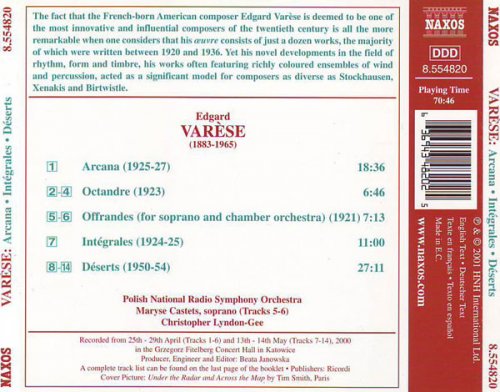
Download Link Isra.Cloud
Christopher Lyndon‐Gee - Varese: Orchestral Works, Vol. 1 - Arcana / Integrales / Deserts (2001)
My blog
Christopher Lyndon‐Gee - Varese: Orchestral Works, Vol. 1 - Arcana / Integrales / Deserts (2001)
My blog
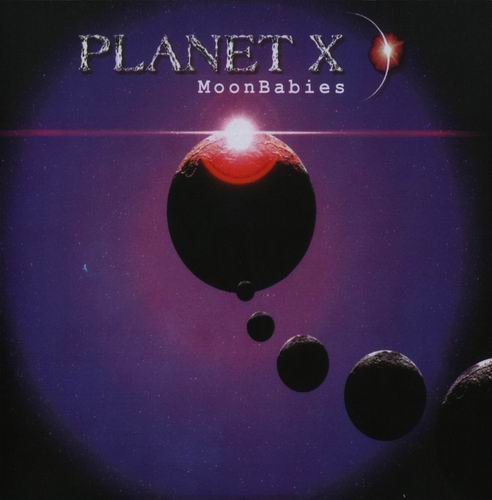
![Club Bolero, Armik - A Day in Brazil (2007) [Hi-Res] Club Bolero, Armik - A Day in Brazil (2007) [Hi-Res]](https://img.israbox.com/img/2025-12/15/5l607nskcv4xb0n237d8ngs7q.jpg)

